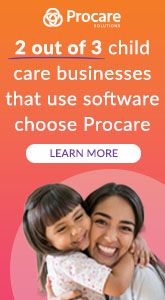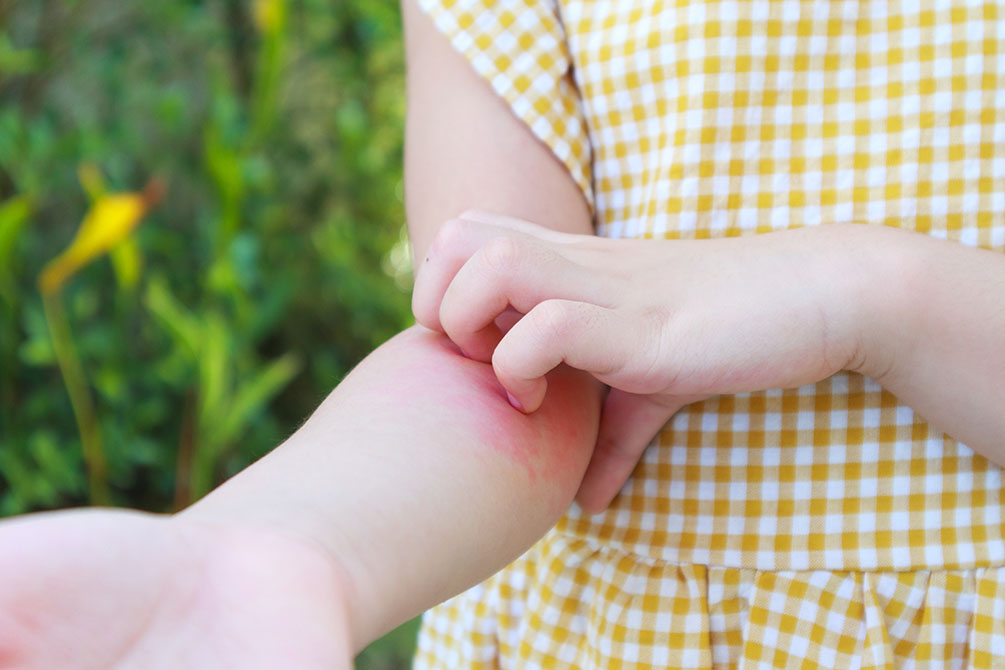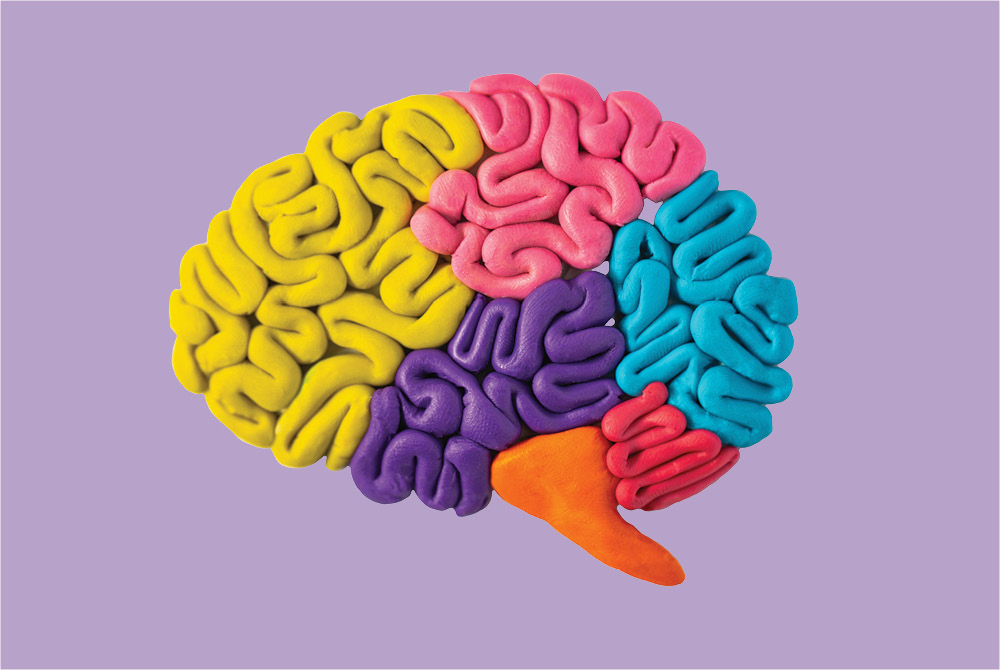Back in my college days, I remember reading the DSM IV (1994) book as a reference guide. I recently looked into the book again and found that it defines a traumatic event as one in which “the person experienced, witnessed, or was confronted with an event or events that involved actual or threatened death or serious injury or a threat to the integrity of self or others.”
According to the National Child Traumatic Stress network:
- 78 percent of children report more than one traumatic experience before the age of 5.
- 20 percent of children receive treatment for an adverse childhood experience such as witnessing/living through domestic violence, sexual abuse, neglect, loss of a close family member, having a caregiver with a drug or alcohol problem, or having a close family member in prison.
These figures are post COVID-19 times and George Floyd. Each life event affects individuals differently, based on each person’s natural born skills and strengths. We are all living through trauma right now. Real, physical, heartfelt trauma.
First things first: put on your own oxygen mask. As educators, we need to take care of ourselves first. Label and name your feelings: anger, sadness, hurt, loss, loneliness, worry, guilt, stress. And remember:
- Your feelings are valid. You are not exaggerating.
- You are not being too sensitive.
- The fact is: you are hurting.
- And you know what? It is okay to feel these feelings.
- As an educator, you need to take care of yourself first.
- Know your limitations. Recognize whether you might need professional help. Right now, therapists are using tele-med as a means to reach out to their patients. These calls allow for easier access for the patients to “meet” their therapists.
- Know when you might need restorative practices (naps, meditation, listening to music, reading…)
- Connect with others. Network. This is a physical-distancing time, but it does not have to be a social-distancing time.
We need to understand first of all that this pandemic has, in fact, been a traumatic experience for many children.
- There was a loss of continuity of child care for many.
- Many children left a program without saying goodbye to each other.
- There was a loss of consistency in their daily routine.
- Parents/families are stressed out, and some have lost jobs or incomes.
- Children are either being over- or under-stimulated with electronics.
- For some children, child care and their schools were their safe haven away from abuse. Many have lost that safe haven.
- Some children may have lost a family member to COVID-19.
These are the children that are coming back to us. We need to see the world through their eyes. The question today is how do we as educators support a child post-pandemic? We need to create a safe physical and emotional environment by practicing the three Rs:
Reassurance. It is the adult’s job to take care of them. We need to help them feel safe.
Routines. Help build a sense of continuum. We need to help establish a new normal.
Regulation. Validate their feelings and teach self-regulation. We must listen to children and help give them tools to work through their big feelings.
Maybe we can try teaching, doing, participating with mindfulness or meditation activities or even some deep breathing practices.
We can also keep children busy through play, and allow for creative expression time. Use the arts, music and dramatic play to help the children process through their big feelings. As educators, we can increase children’s resiliency through play, books, puppets and talks. It is our obligation to acknowledge what happened. As their providers, we can use play as a means of communication through puppets, block play and many more centers. We need to allow for language to flow. Be responsive. We need to be attuned to their feelings. They are all having big feelings now, too.
Trauma-informed care approach recognizes signs and symptoms of trauma, including:
- loss of interest;
- difficulty paying attention;
- increased clinginess;
- difficulty soothing;
- increased irritability;
- increased aggression; and
- regression of behaviors such as using pacifiers and toileting issues.
Children who were not clingy before will not understand why they cannot continue being home with their parents all the time. They feel the difference now.
We need to help parents seek professional help if children show signs of trauma that do not resolve relatively quickly. Emotional and behavioral changes in children are to be expected during a pandemic as everyone adjusts to a new sense of normal. If children show an ongoing pattern of emotional or behavioral concerns (e.g., nightmares, excessive focus on anxieties, regressive behaviors) that do not resolve with support, professional help may be needed.
It is critical to emphasize strengths, hope and positivity. Children right now are in the safety and survival stage of Maslow’s hierarchy. We need to move children toward feeling that they belong. They need to feel safe, secure and positive about their present and future.
We can help by focusing children’s attention on stories/books about how people come together.
Listening to music helps. Music heals. Try some relaxing meditation sounds or Enya (one of my favorites). Throw a spontaneous dance party and dance it out. Let loose with the children.
Remember that the most important resource for trauma-informed care is your children’s families. Facilitate and maintain strong communication with parents so that they feel supported and you feel supported, as well. Listen with an open heart. Keep parents engaged with your program and have them help you as you become, once more, their child’s educator. Parents are a child’s first teacher. First and foremost, we must support them and work with them in true partnership to help raise and educate their little ones.
Angela H. Bayer-Persico is an inspiring early childhood educator. She has been a director and head teacher for over 20 years. She ensures quality standards by being NAFCC accredited. She is a motivational speaker talking from personal experiences and stories that make the listeners feel her passion and connect. She is the author to "Journey of an Accredited Provider." This is a personal look into her life, struggles and reality as an educator. In addition to coaching, consulting, being an educator and keynoting, she is a mother of five children: three adult sons and school age twins. She lives in New York with her loving husband, Giovanni, and children and many fur and feathered babies.
Angela H. Bayer-Persico es una educadora de la primera infancia. Ha sido directora durante más de 20 años. Ella asegura estándares de calidad al estar acreditada por NAFCC. Ella es una oradora motivacional e inspiradora que habla de experiencias e historias personales que hacen que los oyentes sientan su pasión y se conecten. Es la autora de "Journey of an Accredited Provider". Esta es una mirada personal a su vida, luchas y realidad como educadora. Además de asesora, educadora y presentadora principal, es madre de cinco hijos, tres hijos adultos y gemelos en edad escolar. Vive en Nueva York con su amado esposo, Giovanni, y sus hijos y animales.
Related
ADVERTISEMENT










